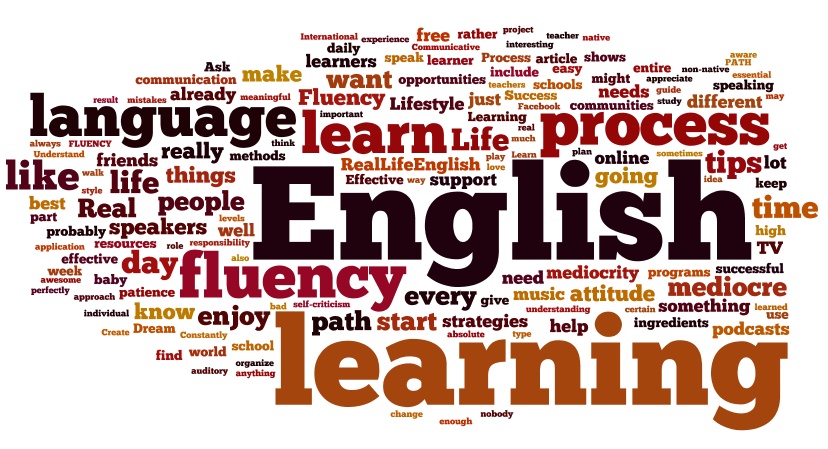
In my experience as an English tutor, I find that it is not only
students who struggle with English that can get poor grades. Good students can
also get bad grades in papers and exams. Here are three reasons why.
1. They over-prepare.
When you have been assigned a paper thorough research is important. But
there is such a thing as too much research. I have had students who had to
write papers on Shakespeare plays who knew the plays backwards and forwards. They were also
experts on scholarly interpretation of the plays. However, with so much
research they lost sight of the key points they wanted to make in their papers
and in their exams. As a result, they produced poorly structured essays which
had too many ideas that were not properly developed. The best essays might have
only three to five ideas that are well developed.
2. They do not do enough timed exam practice.
Revision is not only about reviewing your notes and re-reading set
texts. A core component must be timed exam practice. I have yet to see a
student that consistently does well in timed assessments that has not practiced
questions under timed conditions. This is essential for two reasons. Students
must learn to read and understand a question quickly. They must also learn to
manage time in exams. They should leave enough time to create a writing plan and write a
conclusion. Those who do not leave time to plan rarely produce as essays of the same quality
as those students that do. Those who do not conclude their essays give the marker
the impression of an unfinished piece of work. Both situations should be
avoided. Time management in exams is vital for getting high
grades. Students who do not manage their time carefully in exams often lose easy marks. I once had a student who lost 30% on his English Literature exam
because he did not answer a third question, only completing two out of three. Unfortunately,
the third question was one he could have answered well.
3. They read too quickly.
While slow readers often struggle with text comprehension, I have found
that good readers sometimes also perform poorly in reading comprehension. This
is because with their faster reading pace they start breezing through a text
without clarifying the purpose of their reading. There is a balance between
speed and clarity of purpose. Students need to consciously ask themselves what it is that they
want to learn from the text. This encourages targeted reading which often
leads to higher scores on reading compression tests.
 WE'RE OPEN! CALL NOW
WE'RE OPEN! CALL NOW